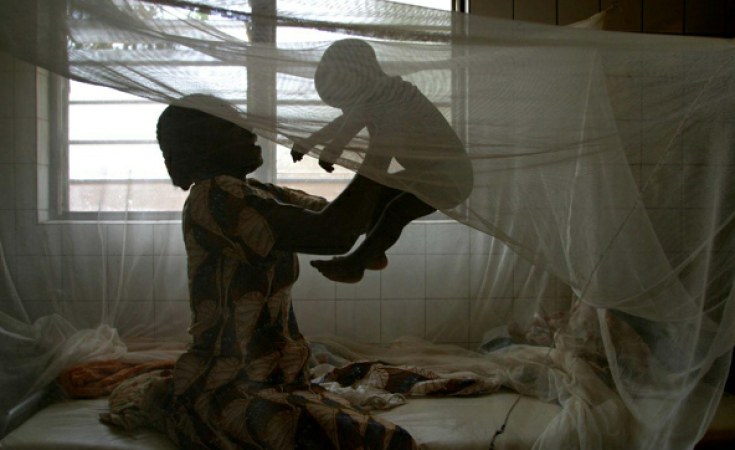Leaders in the fight against malaria have launched a new set of inclusive guidelines to combat the disease, which still kills an estimated 660,000 people each year, many in Africa, and leaves hundreds of thousands of impoverished children too weak to resist the effects of malnutrition and other diseases.
The Roll Back Malaria Partnership (RBM) and the United Nations Development Programme (UNDP) released a “Multi-sectoral Action Framework for Malaria” on the sidelines of the annual opening of the United Nations General Assembly in New York. The framework calls for greater coordinated action among different development sectors to tackle the disease.
“Malaria is a disease associated with lack of socio-economic development, poverty, marginalization and exploitation,” said Rebeca Grynspan, UNDP associate administrator. "Each of these dimensions has roots beyond the health sector – so a multi-sectoral response is essential if we are to free the world from the burden of malaria."
The guidelines note that malaria is worst in countries with the lowest human development, in the least developed and poorest areas within countries, and among the most disadvantaged people in each country. They seek to add a development dimension to the fight against malaria, “by making actions outside the health sector essential components of malaria control".
The framework highlights the relationship between socio-economic development and the improved management of malaria and aim to develop an integrated, cohesive and sustainable action plan that takes into account the developmental context of individual countries.
The guidelines emerged from a consultation process with more than 70 experts and "provides an operational roadmap for identifying key steps, expected outcomes, and capacities needed to integrate malaria control into broader development processes", according the RBM.
They highlight the need to coordinate national, regional and global strategies by not only strengthening traditional approaches to malaria prevention such as the distribution of bed nets, but also by supporting development objectives outside the health sector such as providing housing.
The framework serves to stimulate policy formation in the light of other major development processes, such the development initiatives which will follow the 2014 target date of the Millennium Development Goals.


